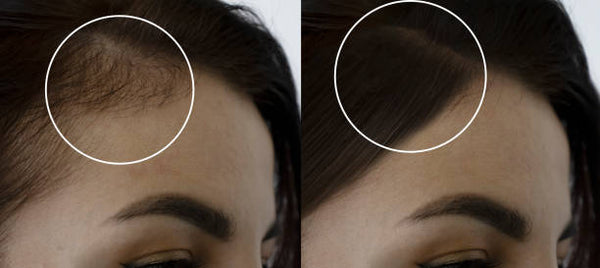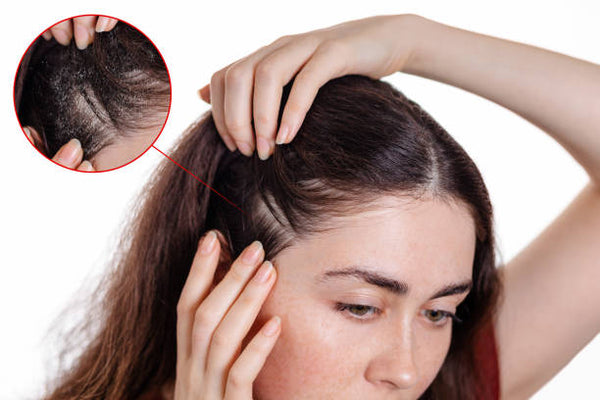Sulfates, Parabens, and Silicones in Hair Care: Analyzing the Effects on Hair Health

What are Sulfates, Parabens, and Silicones in Hair Care?
Sulfates, parabens, and silicones are common ingredients in many hair care products, but their impact on hair health has been widely debated. Sulfates are effective cleansers but can strip the hair of natural oils, causing dryness. Parabens act as preservatives but may disrupt scalp health over time. Silicones provide smoothness and shine but can lead to buildup, weighing hair down. Understanding the effects of these ingredients and choosing alternatives like mild surfactants, natural preservatives, and lightweight conditioners can help maintain hair health and vitality.

-
Sulfates for Cleansing
Sulfates, such as sodium lauryl sulfate (SLS), are surfactants that create a rich lather, removing dirt and oil from hair. However, they can strip natural oils, leading to dryness, irritation, and brittle hair in some cases. -
Parabens as Preservatives
Parabens like methylparaben and propylparaben prevent product spoilage by inhibiting bacterial growth. However, prolonged use of parabens may disrupt the scalp’s natural microbiome and cause sensitivity in some individuals. -
Silicones for Shine and Smoothness
Silicones, including dimethicone and cyclopentasiloxane, coat the hair to provide a silky texture and reduce frizz. While they deliver immediate results, they can create buildup over time, making hair appear dull and lifeless. -
Alternatives for Healthy Hair Care
Mild surfactants (e.g., cocamidopropyl betaine), natural preservatives (e.g., phenoxyethanol), and lightweight conditioners (e.g., argan oil or aloe vera) are excellent alternatives for maintaining hair health without compromising effectiveness.
Benefits of Avoiding Sulfates, Parabens, and Heavy Silicones
Avoiding sulfates, parabens, and heavy silicones can improve scalp health, reduce buildup, and enhance natural hair texture. Gentle cleansers prevent excessive dryness, while natural preservatives maintain product safety without affecting the scalp microbiome. Lightweight conditioners offer smoothness and hydration without the risk of residue. Together, these alternatives create a balanced hair care routine for healthier, more vibrant hair.
-
Gentle Cleansing Without Sulfates
Replacing sulfates with mild surfactants cleanses the scalp effectively while preserving its natural moisture balance. This reduces dryness, irritation, and frizz. -
Natural Preservation Without Parabens
Natural or alternative preservatives prevent bacterial growth without disrupting the scalp’s microbiome or causing sensitivity. -
Lightweight Hydration Without Heavy Silicones
Opting for lightweight oils or conditioners helps smooth hair, enhance shine, and reduce frizz without causing buildup. -
Long-Term Scalp and Hair Health
Eliminating these ingredients allows the scalp to maintain its natural balance, promoting healthier hair growth and stronger strands over time.

FAQ
-
What are the effects of sulfates on hair health?
Sulfates cleanse hair by removing dirt and oil, but they can also strip away natural oils, leading to dryness, irritation, and damage. -
Are parabens harmful to the scalp?
Parabens act as preservatives, but prolonged use may disrupt the scalp microbiome and cause sensitivity in some individuals. -
Do silicones damage hair?
Silicones provide temporary smoothness and shine but can lead to buildup over time, weighing hair down and making it appear dull. -
What are alternatives to sulfates, parabens, and silicones?
Gentle surfactants like cocamidopropyl betaine, natural preservatives like phenoxyethanol, and lightweight conditioners like argan oil or aloe vera are effective and safer alternatives. -
Can avoiding these ingredients improve hair health?
Yes, avoiding sulfates, parabens, and heavy silicones can enhance scalp health, reduce buildup, and support stronger, more resilient hair over time.



